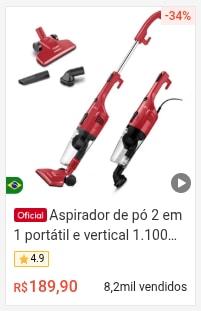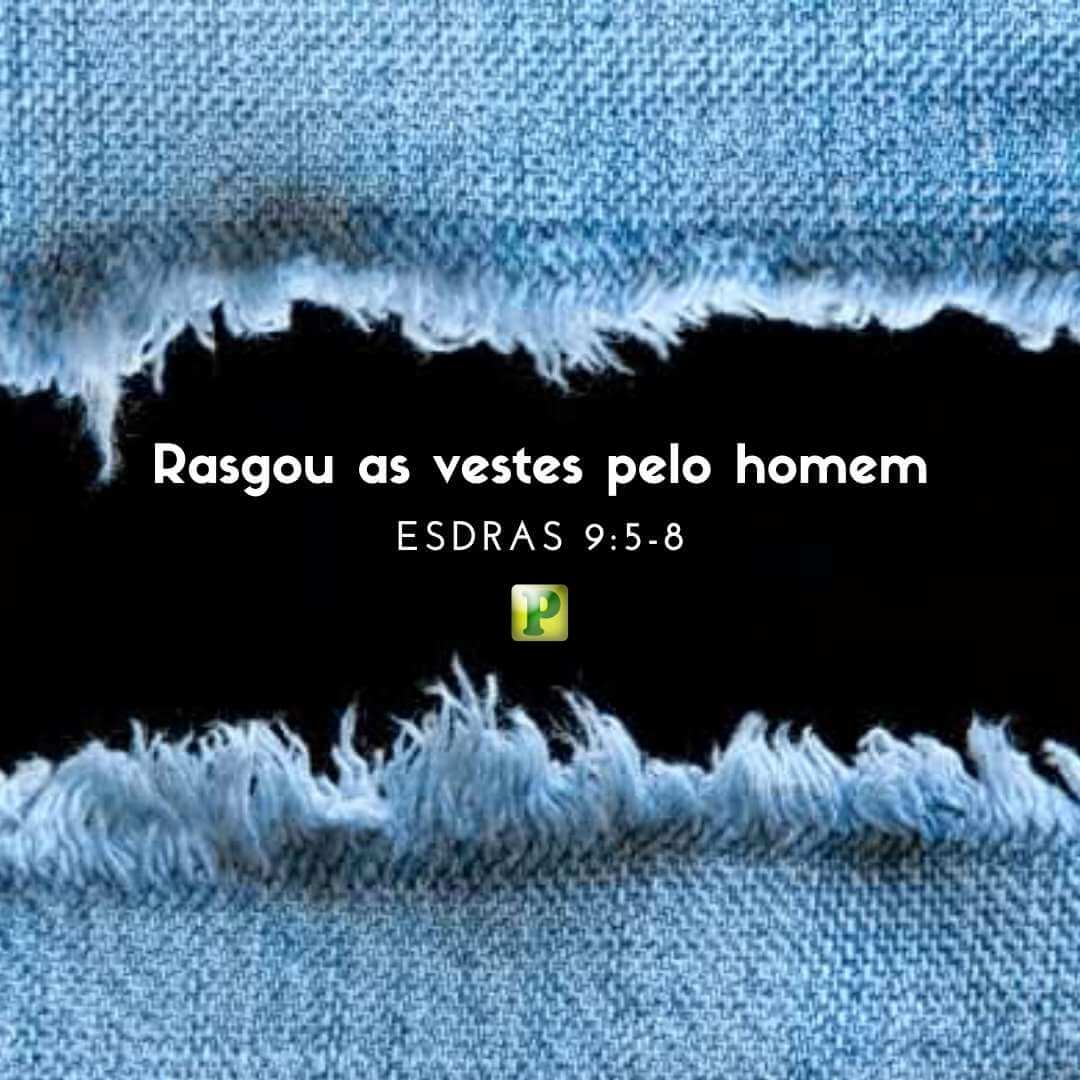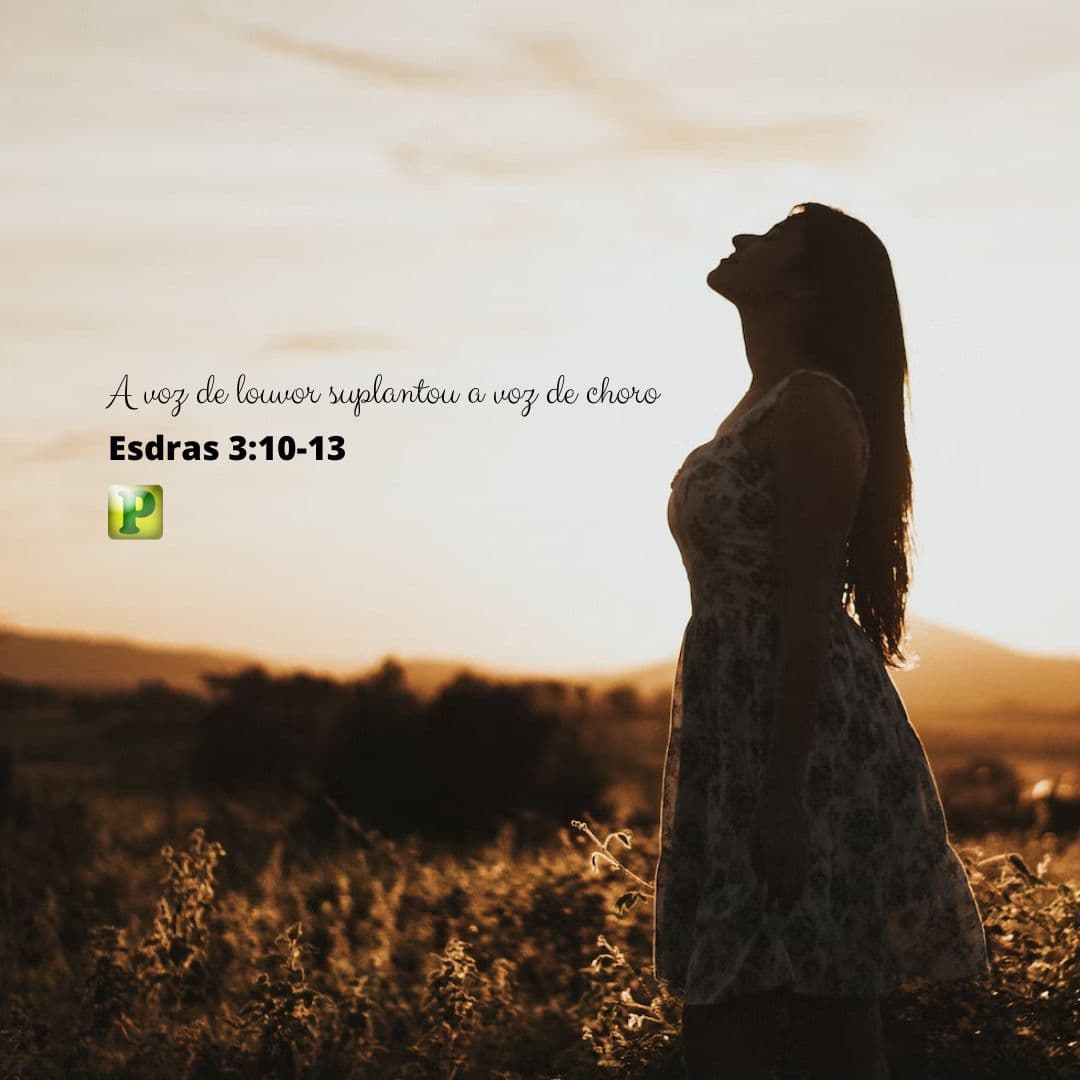The Jar of Oil – Preaching
Preaching Outline on II Kings 4:3 – “Go, borrow vessels from all your neighbors; empty vessels, not a few. ”
Introduction to II Kings 4:3
The text narrates a story that took place during a very difficult time in Israel. There was a great famine and all the people were going through serious difficulties. The text recounts the experience of a woman who, being in great need, turns to the LORD our God through the prophet, presents her situation to him and receives a great blessing from God.
The situation
She lived with her two young children. The breadwinner of her home, her husband, had passed away and, in addition to the daily difficulties, there was a creditor for an old debt who was now demanding his money, proposing as a means of payment that she hand over her children to be taken as slaves. She certainly assessed the situation and saw that there was no human way out of her predicament.
The prophet’s question
Faced with what the woman had said, the prophet asked her: “Tell me what you have in your house”. The woman had only two possessions: a small jar of oil and a great God to whom she could turn in her time of need, through the prophet. She, for her part, was not afraid to tell God’s servant about her limitations – there was nothing but a cruse of oil (and the certainty that God could act on her behalf).
The product of the olive tree was widely used in the homes of the Israelites of that time. It served as medicine, food, lubricant, fuel and even as a basis for exchange for other everyday products. That small portion of the precious liquid was the starting point for a remarkable experience with the power of God.
The prophet’s advice
The prophet’s answer to that woman was the instruction needed for a great change in her life. Go, he said, into your house with your children and ask the neighbors for empty vessels, not a few. The neighbors saw the upright and humble life of this lady and were ready to respond to a call from her children. The neighbors presented the children with their empty vessels; they participated in God’s great operation by handing over only their empty vessels.
The Lord’s operation
Something extraordinary would happen inside that house. As the children strove to heed their mother’s advice, received from the prophet, she saw her plea answered and filled the vessels that arrived with the miracle. When they saw the results of her work, the children certainly became more and more encouraged to take part. They saw that their mother’s God was real and that he cared for them, freeing them from the slavery to which they were destined.
The current moment
In view of what happened in the text we read, we can draw a parallel with the days in which we live. Let’s see:
The prophet represents the Lord Jesus for us today. The woman who sought him out represents a church, a people who live in dependence on God’s work in their lives. Just like that woman and her children, people today also live under great pressure from all sides – on their marriages, on their financial lives, on raising their children, fighting so that they are not taken captive and defeated. The creditor’s aim was to take away the children (the woman’s greatest asset, her inheritance, the joy of the home).
The Faithful Church doesn’t want to see its children trapped in the slavery of this world and constantly seeks the help of the Lord Jesus. But she has no human resources. She has only the oil in her vessel – her heart. The oil represents the blessing of the Holy Spirit in our lives. It has been our wealth and is what the Lord needs to work a great miracle, which guarantees our freedom as children of God. The more the oil – the power of the Holy Spirit – is multiplied in our midst, the greater the security we have of being free from the shackles of the evil world.
The message to the neighbors
The Bible states that God’s desire is for everyone to be saved. In the woman’s experience, narrated in the biblical text, we see the LORD’s concern to ensure that the blessing was not limited to that woman alone. There were others who needed to participate in that miracle – the neighbors.
God’s instructions, through the prophet, were for the woman’s children to go to their neighbors’ houses and ask for their empty jars. The neighbors took part in the miracle by handing over their empty vessels. They didn’t have much to give, nor were they asked for much other than their empty vessels, which were filled with the oil that God had provided.
The Lord’s church, needy as this woman was, has received the Lord’s favor (spiritual blessings). But God does not want these blessings to be restricted to a small group. That’s why God tells us to invite all our neighbors to bring their “empty vessels” (their needy hearts) so that He can fill them with the oil of the Spirit.
Conclusion of II Kings 4:3
The only thing God asks of man is his heart (my son, give me your heart) so that he can fill it with his blessings (unlike the creditor who asks for the highest amounts).
Accept the LORD’s invitation and present him with your empty vessel (your needy heart) so that he can fill it with his blessings tonight.
Preaching Outline on II Kings 4:3 – “Go, borrow vessels from all your neighbors; empty vessels, not a few. ”






